Inside The S. Korean Factory That Could Be Key For Ukraine
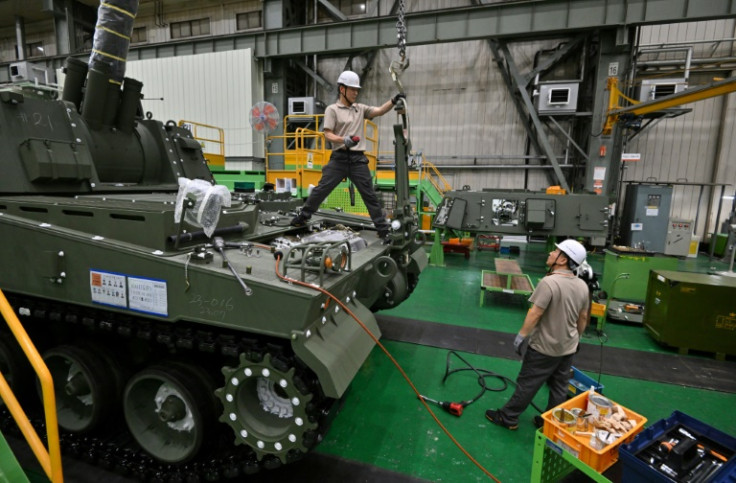
At a sprawling South Korean arms factory, a high-tech production line of robots and super-skilled workers were rapidly churning out weapons Friday that could, eventually, play a role in Ukraine.
Since the Russian invasion last year, the Hanwha Aerospace factory in the southern city of Changwon has expanded production capacity three times, workers told AFP, as South Korea ramps up arms exports while traditional behemoths like the United States struggle with production shortages.
Longstanding domestic policy bars Seoul from selling weapons into active conflicts, but even so it signed deals worth $17.3 billion last year, including a $12.7 billion agreement with NATO member and key Kyiv ally Poland, for K9 Howitzers, K2 tanks, and more.
And with North Korea's Kim Jong Un in Russia touring space centres and weapons factories, experts say the South may be forced to review its careful balancing act on the Ukraine war -- which Seoul has condemned, even as it resists calls to supply weapons directly to Kyiv.
On the assembly line Friday were rows of Warsaw-bound Howitzers, an artillery weapon a bit like a super-mobile cannon.
Hanwha Aerospace, South Korea's largest defence contractor, is racing to meet delivery targets for the 14-wheeled, 47-tonne K9 Howitzers, which have a firing a range of 40 kilometres (25 miles) -- much longer than a tank, although the K9 needs to be stationary to shoot.
Poland ordered 212 K9s last year and Seoul has already delivered 48 of them -- a pace "no one else can achieve," Lee Kyoung-hun, Hanwha's production leader told AFP.
"We are capable of delivering products in the shortest time frame possible," said Lee, adding that it took between three and four months to build one Howitzer from scratch.
Seoul has long harboured ambitions to join the ranks of the world's top arms exporters -- aiming to be the fourth largest, behind the US, Russia and France -- something that is now possible, industry research indicates.
It has already sold artillery shells to Washington -- but with a "final user" agreement in place meaning the United States would be the military that uses the munitions.
Experts have said this allows the United States to then provide their own shells to Kyiv.
South Korea's arms industry has one key advantage over others globally: it's always been "ready for war," said Choi Dong-bin, Hanwha Aerospace's senior vice president.
Hostilities in the 1950 to 1953 Korean War ended with an armistice, not a peace treaty, and Seoul remains technically at war with nuclear-armed Pyongyang.
This gives the country an advantage globally in weapons production, Choi said, as Seoul has the capacity to mass-produce quickly and easily whenever it gets an order.
"The fact that we're maintaining production line is another boon. At this moment we're receiving many orders from overseas and we are able to respond quickly to their demands and deliver products in a short period of time," he said.
Seoul's weapons are also well-tested: "These are deployed on the ground," on one of the world's most heavily fortified borders, Choi said.
"Because they are deployed (in South Korea), it has the capacity to perform in any part of the world," he added.
Heavily-sanctioned North Korea lacks Seoul's high-tech weaponry -- but it does have stockpiles of outdated Soviet-era munitions.
Kim met Russian President Vladimir Putin on Wednesday, and experts have warned the internationally-isolated pair might have agreed a deal involving Pyongyang supplying artillery shells and anti-tank missiles in exchange for satellite technology from Moscow.
Any such deal could change Seoul's calculations, experts say, as although South Korea has condemned Russia's invasions of Ukraine, it has resisted calls to step up support to Kyiv, in part as it has long called on Moscow to help manage Kim Jong Un.
But if Moscow starts buying weapons from Pyongyang -- something that would violate rafts of UN sanctions -- it could both change the course of the Ukraine war and force Seoul's hand, said Choi Gi-il, professor of military studies at Sangji University.
"If that were to happen, I think it will be more than 50-50 probability that South Korea-manufactured weapons exported to Poland would be deployed to help Ukraine fend off the Russians," he said.
The export of South Korean weaponry, especially the K9 howitzers, would be "of great value to Kyiv," he said.
"It's always better to have more howitzers in war and both Russia and Ukraine don't have enough of them," he said, adding that Ukraine was mostly using Soviet-era outdated weapons.
"But K9s stand out as among the most recent, overwhelming conventional weapons. It will mean so much for Kiev to have them on the frontlines."
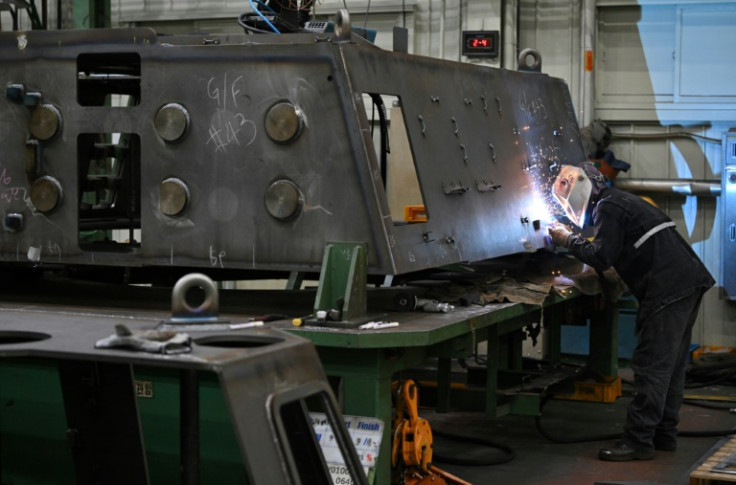
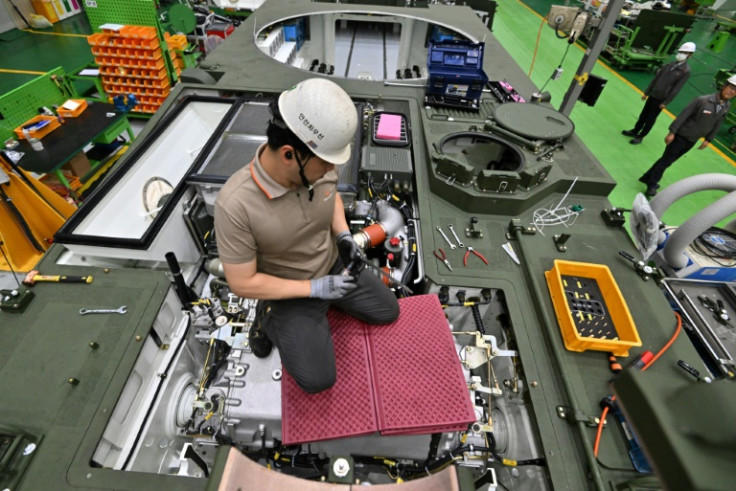
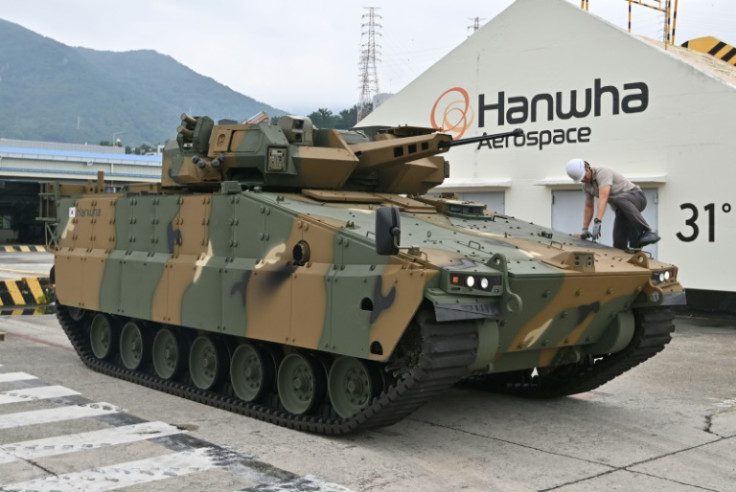
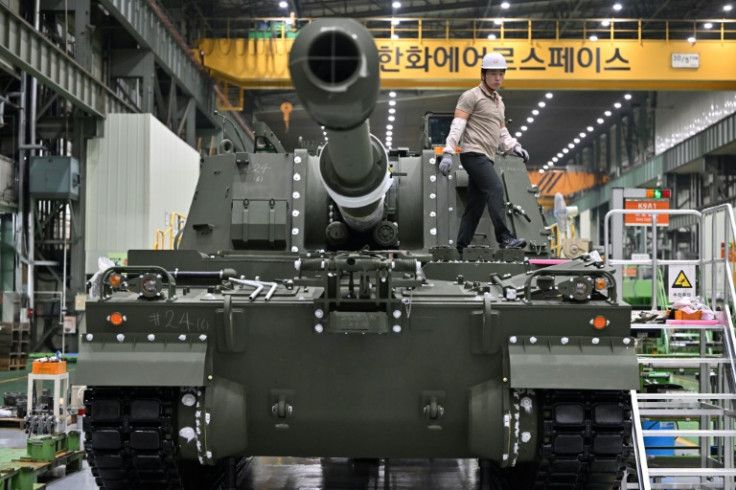
© Copyright AFP 2024. All rights reserved.







